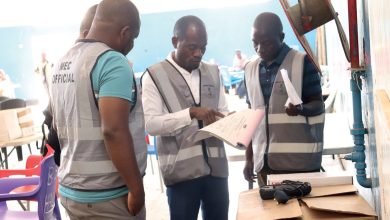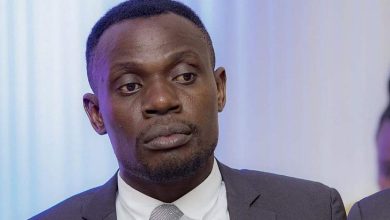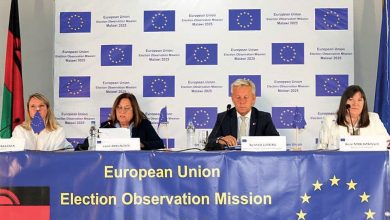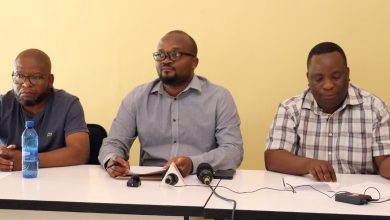Return of fuel queues in 2024
Malawi drifted into the New Year 2024 still battling foreign exchange challenges and it seemed inevitable that the fuel shortages experienced in 2023 would re-emerge.
But much as the fuel crisis has been linked to forex shortages, it was also connected to political meddling into Malawi Energy Regulatory Authority (Mera) Board’s operations.

Warnings came as early as August when The Nation reported that Mera was struggling to pay K785 billion to fuel suppliers who were importing the commodity into at a higher cost than the prevailing pump prices.
The energy regulator had maintained the price of petrol at K2 530 per litre and diesel at K2 734 per litre since November 2023.
By August, industry players were concerned with the price and as Mzuzu University-based economist Christopher Mbukwa told The Nation at the time, the prices were not reflecting reality and were working against players in the fuel sector.
He said: “It is indeed the case of the State trying to mechanically hold the fuel pump price increase, which is unsustainable.”
Consumers Association of Malawi (Cama) executive director John Kapito backed the calls for an increase in fuel prices, stating that further delays would lead to fuel shortage in the country.
However, the government maintained its hold on prices due to concerns that a rise in the pump prices could worsen inflation, a general increase in the prices of goods and services in an economy.
It is measured using a consumer price index (CPI, an aggregate basket of goods and services used in computing inflation.
Fuel reserves were depleted. According to the National Stocks Fuel Report compiled by Mera, by October 1 2024, the country had 4.9 days stock of petrol and 15 days stock of diesel against the required three months of import cover.
During the year under review, daily consumption remained at one million litres each for petrol and diesel and by mid-October, fuel reserves had dried up and consumers were feeling the pinch of the shortage as queues of more than 50 vehicles at one filling station became the order of the day across the country.
For the first two weeks, there was mainly a shortage of petrol but the crisis eventually extended to diesel.
The impact was huge. Public transport costs went up, trucks were stuck at filling stations for days and could not haul goods, including relief items while ambulances were grounded in some hospitals.
On October 31, at the height of the crisis, Mera chief executive officer Henry Kachaje said the regulator and players in the energy sector were working on doubling fuel imports to restore petrol and diesel stocks “within the shortest possible period”.
On the $75 million (about K130 billion) owed to suppliers for fuel supplied on open credit, he said they used $50 million (about K87 billion) secured from Arab Bank for Economic Development in Africa (Badea) and funds from local banks to pay back a huge chunk of the loan.
Said Kachaje: “With the loan balance reduced, we expect that the suppliers will now be supplying us with fuel in higher volumes. We are also working to raise more forex so that we should not have fuel challenges during the Christmas period.”
On November 27 2024, President Lazarus Chakwera addressed the nation for the first time about the crisis.
Kachaje lamented about the open tendering process of procuring fuel which he said is not suitable for Malawi because of the country’s inability to generate the foreign currency needed for National Oil Company of Malawi (Nocma) and Petroleum Importers Limited (PIL) to pay international private sector suppliers.
The President said his administration would transition Malawi from the open tender system for procuring fuel to a government-to-government arrangement that will make Malawi’s access to fuel more secure through better payment terms and cycle.
On December 3, Parliament passed the Liquid Fuels and Gas (Production and Supply) Act (Amendment) Bill which gives the Minister of Energy the power to nominate an agent or State entity to import fuel without the oversight prescribed in the Public Procurement and Disposal of Assets (PPDA) Act of 2017.
Two days later, Chakwera travelled to the United Arab Emirates (UAE) where he held discussions with President Sheikh Mohamed bin Zayed Al Nahyan on the government-to-government procurement system.
Upon his return, the President told the nation on December 11 that the UAE President will be sending a team to Malawi in January 2025 to finalise the technical aspects of the arrangement.
In mid-December, long queues resurfaced for two days and Nocma attributed the shortage to fuel supply challenges caused by post-election protests in Mozambique.
As we close the year, availability of the commodity in filling stations has been erratic and the crisis remains to be resolved.
Snaking queues have since resurfaced during the festive season.




